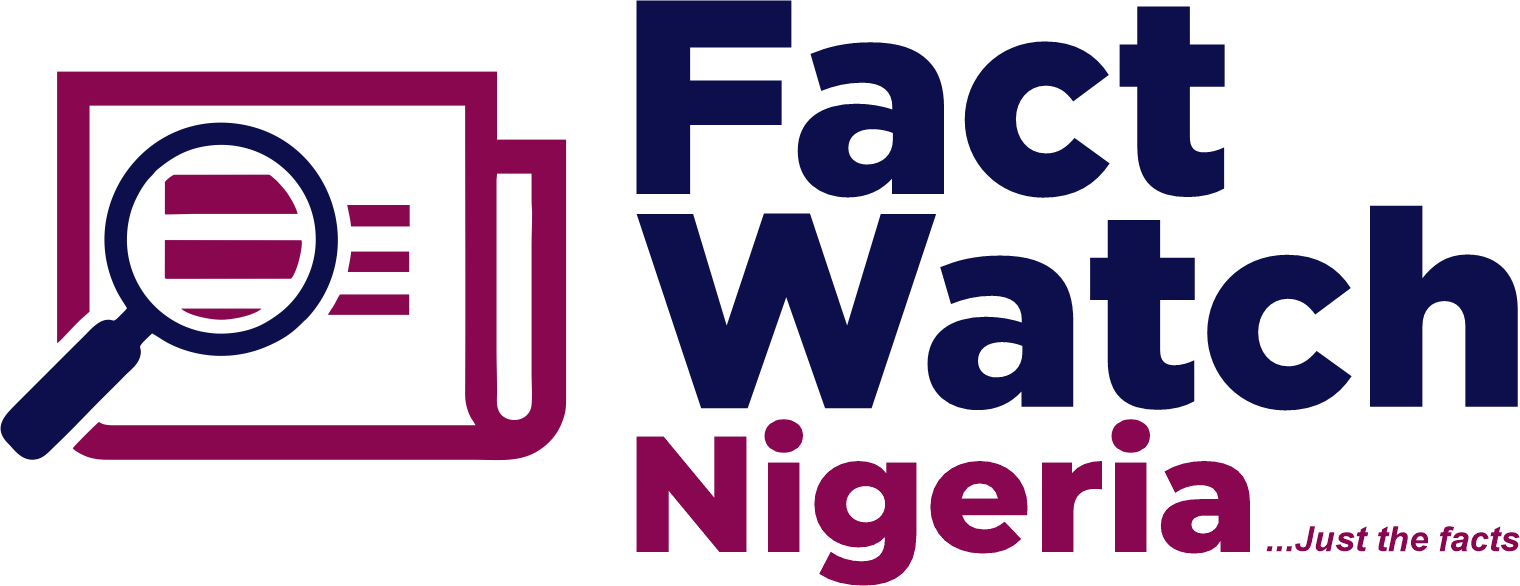President Bola Ahmed Tinubu signed the Southeast Development Commission Bill into law. two days ago.
The commission will be charged with the responsibility to receive and manage funds from the allocation of the federation account for the reconstruction and rehabilitation of roads, houses and other infrastructural damage suffered by the region as a result of the effect of the civil war after 54 years.
The commission will also tackle the ecological problems and any other related environmental or developmental challenges in the Southeast States which include Abia, Imo, Enugu, Anambra and Ebonyi.
The sponsorship of this bill is currently generating a lot of controversy. While the story that has been out there is they the bill was sponsored by the Deputy Speaker, House of Representatives, Rt. Hon. Benjamin Okezie Kalu co-sponsored by other members of the House from the South East region, a new report is saying otherwise.
The report said that the originators of the bill were Hon Chukwuma Onyema of 8th National Assembly and Hon Henry Nwawuba of the 9th Assembly.
However, When the bill failed to scale through during the 9th National Assembly, it was freshly re-introduced in the 10th Assembly by the Deputy Chairman of Appropriation and member representing Afikpo North/Afikpo south federal constituency, Hon. Gary Igariwey.
What To Know
Economic Empowerment:
The SEDC will play a pivotal role in catalyzing economic empowerment within the South-East. By investing in key sectors such as agriculture, manufacturing, and technology, the commission will stimulate job creation and entrepreneurship.
Access to funding, skills development programmes, and market linkages will empower local businesses, driving economic growth and reducing unemployment rates. Through targeted initiatives, the SEDC will harness the region’s untapped potential, positioning it as a hub for innovation and economic prosperity.
Infrastructure Development
The SEDC’s mandate will include the development of critical infrastructure such as roads, railway, and energy facilities.
Social Integration
Promoting social integration and harmony is integral to the SEDC’s mission. Through community-based initiatives, the commission will foster dialogue, reconciliation, and understanding among groups in the South-East. Cultural exchange programmes, youth empowerment initiatives, and educational scholarships will promote social cohesion and celebrate the region’s diversity. By embracing inclusivity and tolerance, the SEDC will strengthen the social fabric of South-Eastern Nigeria, paving the way for peaceful co-existence and unity.
The Commission will tackle ecological and environmental problems that arise from the extraction and mining of solid mineral, exploration of oil mineral in the South East States and advise the Federal Government and the member States on the prevention and control of oil spillages, gas flaring and environmental pollution; liaise with the various solid mineral extraction and mining companies and oil and gas prospecting and producing companies on all matters of pollution prevention and control; and execute such other works and perform such other functions which in the opinion of the Commission are required for the sustainable development of the South East states and its peoples.
Key Provisions
- The bill mandates the creation of the Southeast Development Commission to oversee and manage developmental projects in the region.
- The bill outlines sources of funding for the Commission, which may include allocations from the federal budget, grants, donations, and other legitimate sources.
- The Commission will be managed by a board comprising experienced and credible individuals appointed by the government.
- The Commission’s responsibilities include planning, executing, and monitoring developmental projects, as well as collaborating with state and local governments within the Southeast region.






